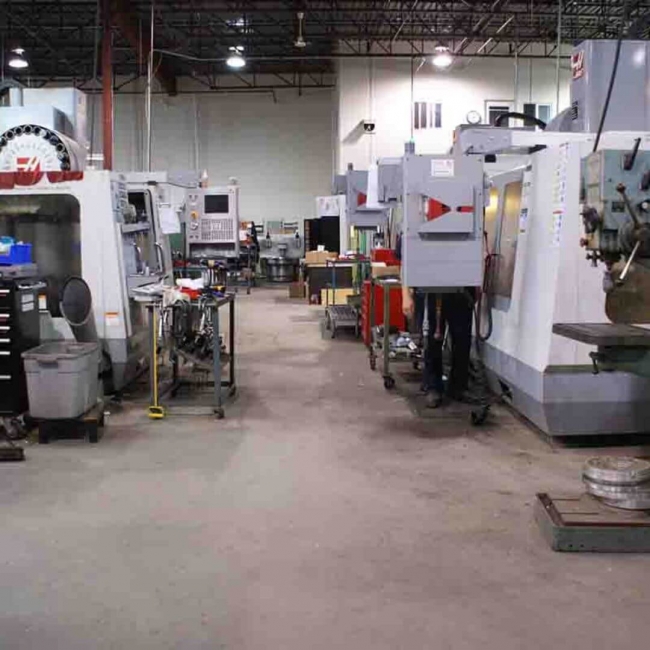
Metal fabrication is a thriving industry and something we see all around us. The ease of operation has made it a popular application. Metal Fabrication in Toronto is no different. However, to ensure quality and optimization, there is a standard procedure followed by metal fabricators. These steps determine the efficiency of the project that is to be delivered to the clients. In this article, we will elaborate on the various steps involved in a metal fabrication process.
The design phase involves creating detailed drawings or blueprints that outline the specifications and dimensions of the final product. This includes determining the type of metal to be used, as well as any specific requirements for strength, durability, or aesthetics. During the planning stage, careful consideration is given to factors such as cost, timeline, and logistics. The fabrication team works closely with clients to ensure that their vision is translated into a feasible plan.
When it comes to metal fabrication in Toronto, one of the crucial steps is material selection. Choosing the right material for a project can greatly impact its durability, performance, and overall quality. The first consideration in material selection is understanding the specific requirements of the project. Factors such as strength, corrosion resistance, heat resistance, and cost must all be taken into account. Different metals have different properties that make them suitable for certain applications.
Cutting is a crucial step that involves separating the raw material into the desired shape and size. There are various methods of cutting metal, each suitable for different types of materials and project requirements. Cutting plays a vital role in determining the final outcome of any welding or fabrication project. There are various manual and automated methods available for cutting.
Bending and shaping is a critical step in metal fabrication in Toronto. It helps create the desired form and structure of the final product.
This is where individual pieces of metal are fused together to create a solid and durable structure. With expert craftsmanship and precision, these processes contribute to creating robust structures that can withstand various applications across industries such as construction, automotive, aerospace, and more!
Assembly is the final step in the metal fabrication process, where all the individual components are brought together to create the finished product. This stage involves carefully fitting and aligning each piece, ensuring that they are securely fastened and functioning correctly.
RWD Tool & Machinery Ltd. ensures every project is completed to the customer's satisfaction. Contact us today for custom CNC machining services.